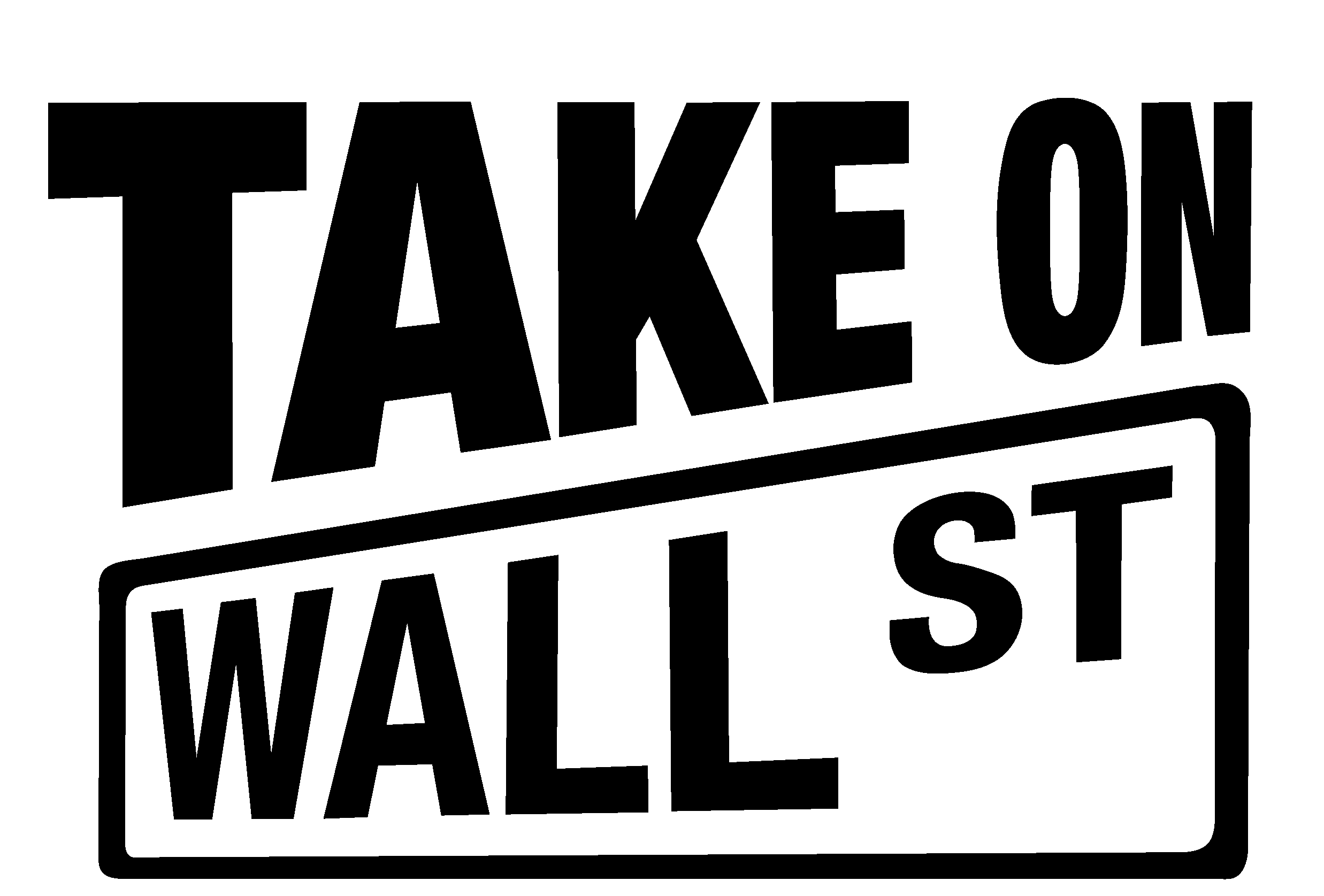This post was guest authored by William Pierre-Louis, Jr.
When COVID-19 highlighted America’s chronic housing crisis in 2020, many underserved people of color experienced a sense of deja-vu. Banks had never, in all of American history, given them a chance to buy a house on the same terms as white residents. But while affordable housing has been a long-standing issue across the United States, Wall Street giants have opened a new chapter in the story of business practices that make the problem of racial equity in homeownership worse.

What we are seeing right now in the American housing market started during the 2008 recession. While the crisis was a poignant emotional and economic moment for families who lost their homes and wealth, for Wall Street, it was also a financial opportunity to position itself as America’s landlord. Blackstone, the world’s largest private equity firm, began buying foreclosed homes in the wake of the financial crisis.
Blackstone bought 50,000 out of the 9 million foreclosures lost to families from 2012 through 2016. That started something that would give us what we have today. They have become America’s landlords, and they have no intention of creating an affordable market; their goal is to generate profits. They are driven by greed that would not let them stop driving up prices in key cities. “Lower post-crisis home prices could have been an opportunity to increase affordable homeownership, but too often instead, Wall Street buyers swept in, while neighborhood families were left out of the game altogether,” the NACA report states.
For Wall Street, a crisis is merely an opportunity to profit. They entered the housing market in the wake of the economic collapse of 2008, and during the pandemic in 2020, they made a massive amount of money in home acquisition. Real estate investors spent a record $77 billion on home purchases in the six months spanning the fourth quarter of 2020 and the first quarter of 2021, according to a report from real estate firm Redfin.
Wall Street giants make it almost impossible for people of color to buy single-family homes or rent apartments because prices would not stop climbing. For instance, the average house in Atlanta’s metropolitan area sold for more than 350K as of October 2021 — a 74% appreciation spike since 2016, Bisnow reported.
As Senate Banking Committee Chair Sherrod Brown pointed out during a hearing on private equity’s role in the housing market in October 2021, “Private equity is all about the quick buck — everyone else be damned. Private equity profits depend on squeezing every last nickel from workers and renters, without investment in their employers or communities.”
Private equity firms use their financial power to compete with ordinary homebuyers while setting their rules for the entire market. Wall Street’s presence reinforces an important financial layer in the market where household income determines whether a family can purchase a home. That also affects many Black families across the country, who comprise 22 percent of the low-income households in the United States. More than 1 in 4 Black homes have zero or negative net worth compared to less than 1 in 10 white families, according to an Economic Policy Institute study. That reality implicitly creates a racial gap in the market, preventing Black families from purchasing homes and building wealth.
Discrimination in the housing market is not something new. This new era of institutional landlord culture has simply intensified the issue in the wake of the pandemic’s racial-economic impact. It made the industry structurally discriminatory: big banks get to decide who is qualified for loans based on the color of their skin. From 2015 to 2020, at least 3.501 Black applicants for loans to purchase homes were denied by mortgage lenders in Boston, Massachusetts, according to a new WBUR analysis. That is a disproportionate share of 6% out of all applications received by those banks.
Only 47% of Black homeowners who completed a refinance application with Wells Fargo in 2020 were approved nationwide, compared with 72% of White homeowners, according to a Bloomberg analysis.
The racial divide in homeownership also has roots in unfair and unequal increased interest rates rules and policies. According to a Washington Center for Equitable Growth, Black and Hispanic residents bear a 10 to 13 percent higher property tax burden than white residents within the same tax jurisdiction.
While the country is now facing its highest mortgage rates since 2019, low-income populations who have spent their last pennies to become homeowners have struggled to keep up with unexpected increased interest rates for decades. But seemingly, Black homeowners are likely required to pay more than any other group. A paper by Edward Golding, the executive director of the MIT Golub Center for Finance and Policy, found that Black homeowners pay more in mortgage interest, mortgage insurance, and property taxes than other homeowners.

For many in the U.S., owning a house has gradually become a luxury. What seems to be a typical path for homeownership is, in reality, the symptom of a financial system that does not work proactively for the social emergence of working-class families who aspire to buy homes, as mortgage rates are rising exponentially. And that phenomenon is increasingly discouraging people from going after that scary dream of owning a house. A Bankrate survey found that more than 40 percent of adults who don’t own a home in America believe they don’t earn enough to buy a house, and more than 35 percent say they can not afford a down payment and closing costs.
Many middle-class workers will probably not be able to afford housing in the upcoming years due to high-interest rates. “The jump in rates would cost a homebuyer using a conventional 30-year mortgage to buy a median-priced home an additional $300 a month,” Nadia Evangelou of the National Association of Realtors told CBS Money Watch. But Wall Street can get around increased interest rates while low-income families are wrestling to keep up. As Francesca Mari of The New York Times put it, “private-equity firms developed new ways to secure credit, enabling them to leverage their equity and acquire an astonishing number of homes.” Private equity firms’ relationship with mortgage lenders gives them access to more credit to buy real estate properties than average borrowers.
Working families and people of color are now competing with Wall Street giants and private equity firms to secure single-family homes as prices increase everywhere. It is already challenging for those vulnerable financially to navigate the housing market within groups with similar socioeconomic backgrounds. Imagine their competitors are big corporations with 60 billion worth of real estate properties. And the lack of homeownership among Blacks in America is one of the primary drivers of the racial wealth gap.
The wealthy are crushing the market with the complicity of megabanks that keep rejecting mortgage loans for Black and Brown applicants. Without radical change, we will never be able to repair the financial disasters that private equity’s involvement in the housing market is causing to low-income families. But government officials can certainly do something about it. To tackle the concentration of affordable single-family homes in the hands of private equity firms, we need to get Wall Street out of the business of owning people’s homes.

Leave a Reply